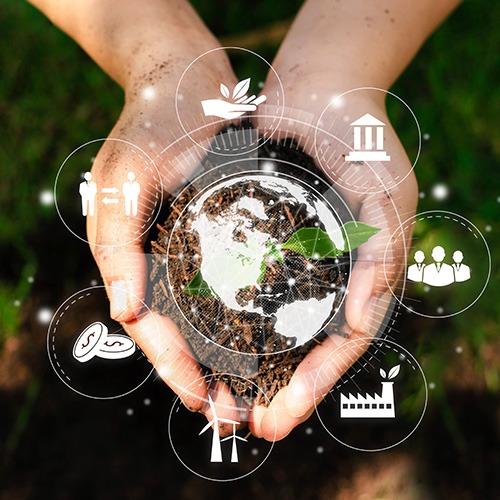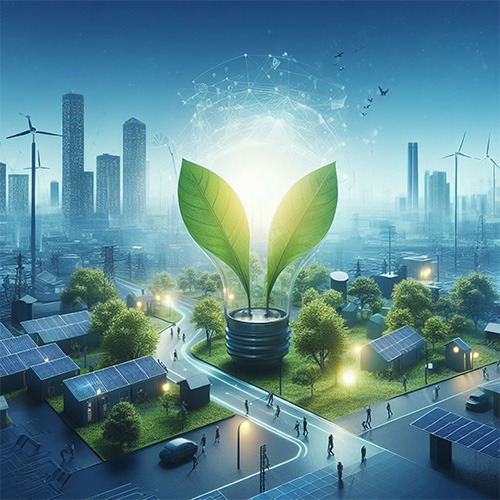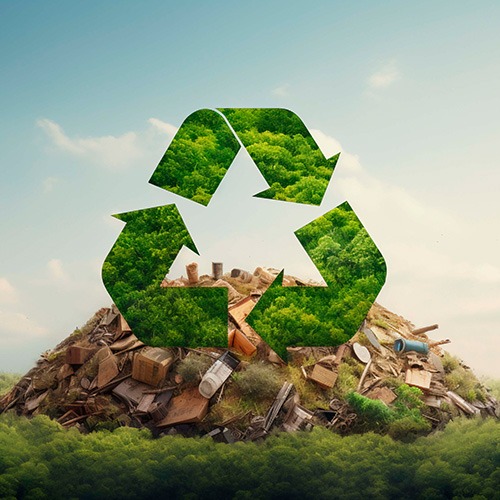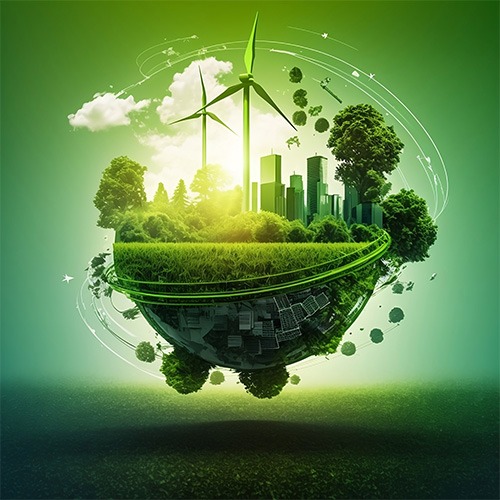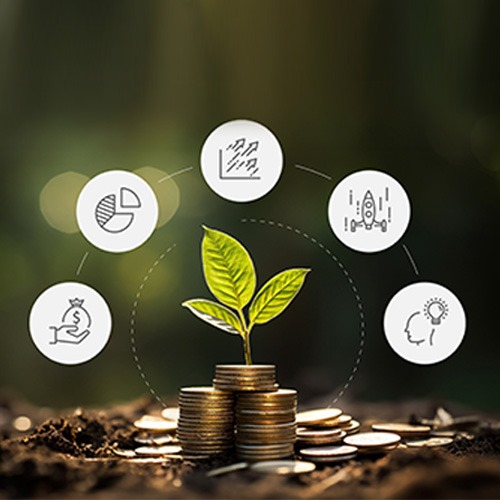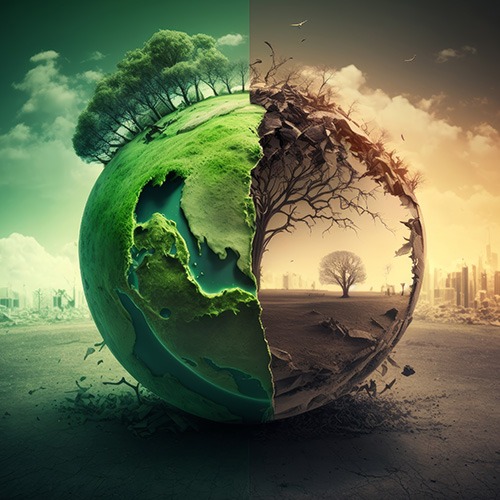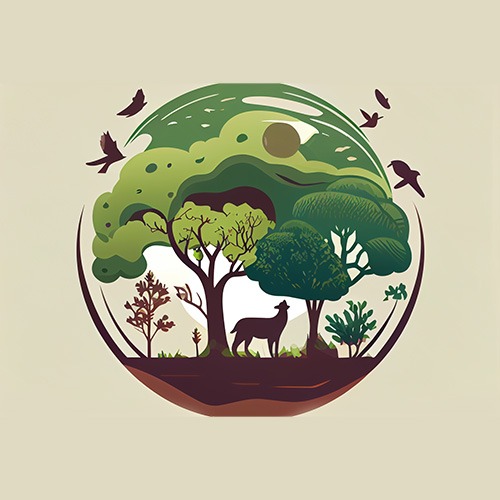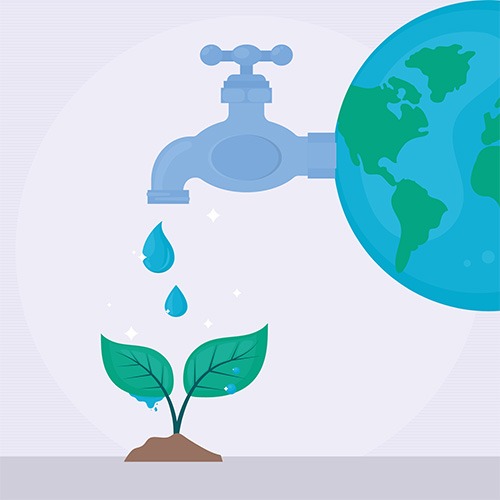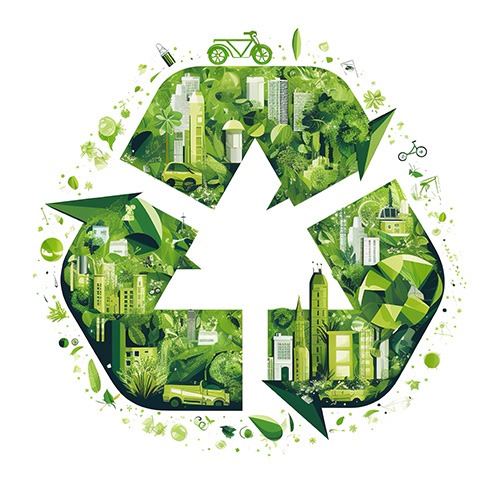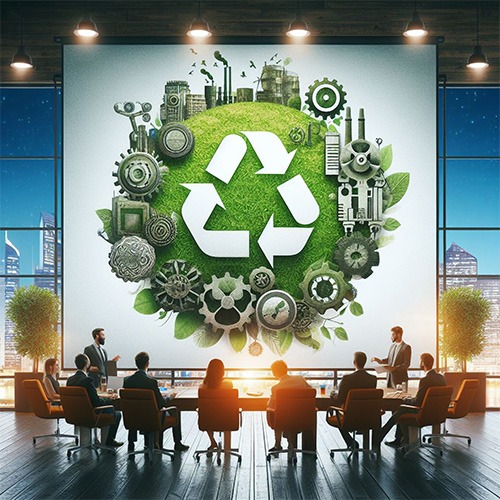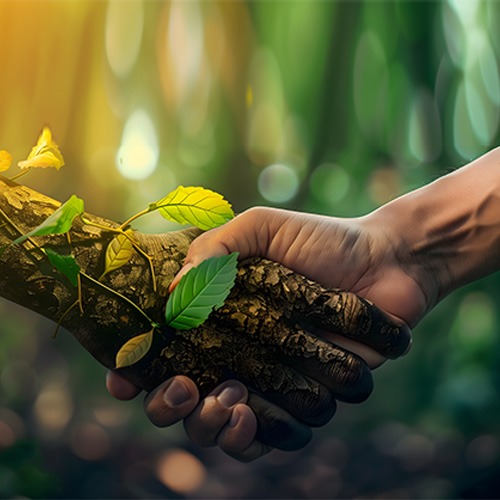Recycling isn’t just about tossing plastic bottles in the right bin; it’s a dynamic force driving innovation in sustainability. By reimagining how we manage and utilize resources, we can create a cleaner future for generations to come.
On this Global Recycling Day, let’s celebrate the power of recycling and explore 10 key benefits that contribute to a sustainable future:
Resource Conservation:
Recycling allows us to reuse valuable natural resources like timber, water, minerals, and fossil fuels. This reduces the need for virgin resource extraction, minimizing the environmental damage caused by mining, logging, and drilling.
Energy Efficiency:
Manufacturing new products from scratch requires a significant amount of energy. Recycling existing materials uses considerably less energy, leading to reduced greenhouse gas emissions and a cleaner environment.
Reduced Landfill Waste:
Landfills are reaching capacity, and overflowing waste creates environmental and health concerns. Recycling diverts a substantial amount of waste from landfills, extending their lifespan and reducing the need for new landfill sites.
Pollution Prevention:
The recycling process generally generates fewer pollutants compared to virgin material production. This helps minimize air and water pollution associated with resource extraction, manufacturing, and waste disposal.
Economic Benefits:
The recycling industry creates jobs in collection, sorting, processing, and manufacturing facilities. Additionally, it reduces costs associated with waste disposal and virgin resource extraction, contributing to a more sustainable economy.
Climate Change Mitigation:
Recycling plays a vital role in combating climate change by minimizing greenhouse gas emissions. This is achieved by reducing the energy consumption required for production and lowering the overall carbon footprint.
Conservation of Biodiversity:
Resource extraction often leads to habitat destruction, threatening biodiversity. By reducing the need for virgin materials, recycling helps protect ecosystems and safeguard a variety of species.
Water Conservation:
Manufacturing new materials can be highly water-intensive. Recycling various materials like paper and plastic significantly reduces water consumption, protecting this precious resource.
Circular Economy:
Recycling embodies the principles of the circular economy, which aims to minimize waste and maximize resource efficiency. By keeping materials in circulation for longer periods, we minimize reliance on virgin resources and create a more sustainable system.
Promoting Innovation:
Recycling challenges us to develop and implement new technologies. Advancements in sorting, processing, and material science are crucial for maximizing efficiency and creating new uses for recycled materials.
At Chemco Group, we recognize the importance of innovation in the recycling landscape. We’re actively exploring collaborations and research opportunities to develop solutions that enhance the recyclability of our packaging. This may involve exploring new materials, improving sorting technologies, or even developing partnerships with recycling facilities.
Want to know more about Chemco’s commitment to sustainability? Visit our website’s Sustainability Page for a deeper dive into our initiatives and goals. We believe that by working together, we can create a future where recycling is not just convenient, but also efficient and innovative.
Together, let’s embrace recycling and support advancements in recycling technologies. We can all play a role in creating a healthier planet for generations to come!

